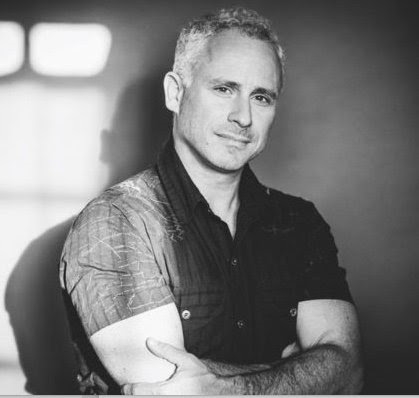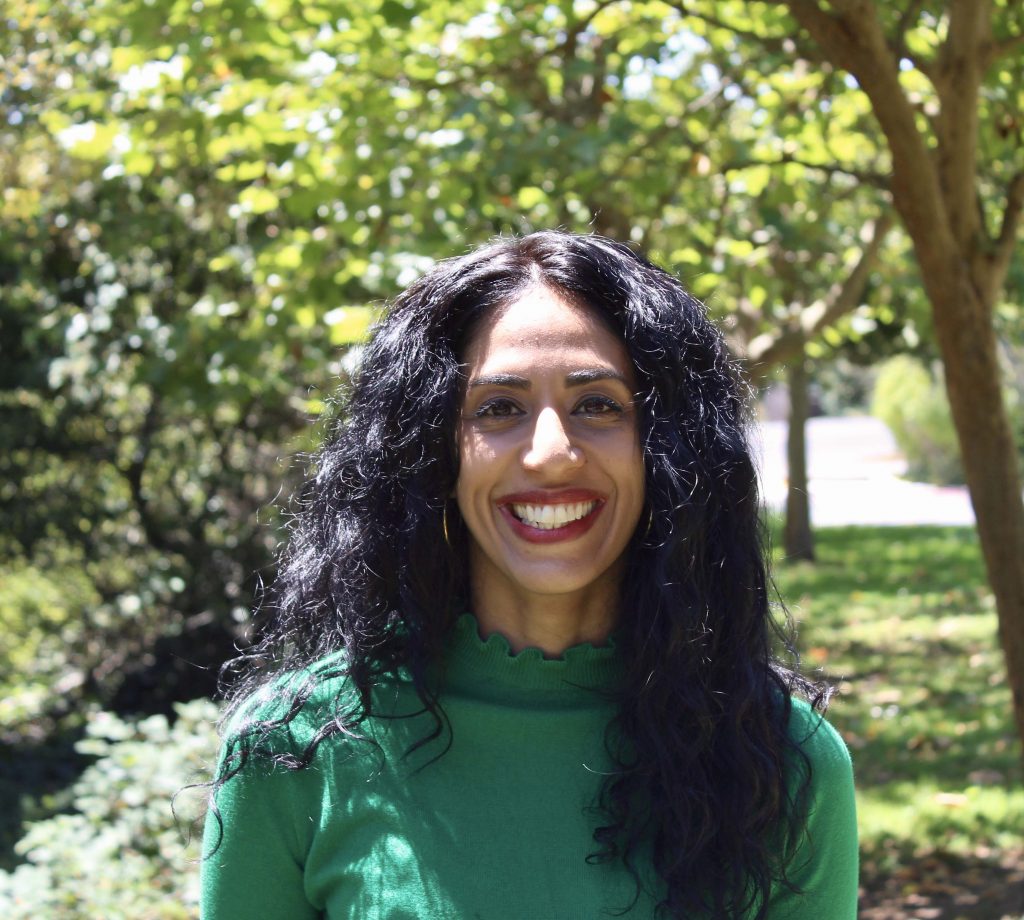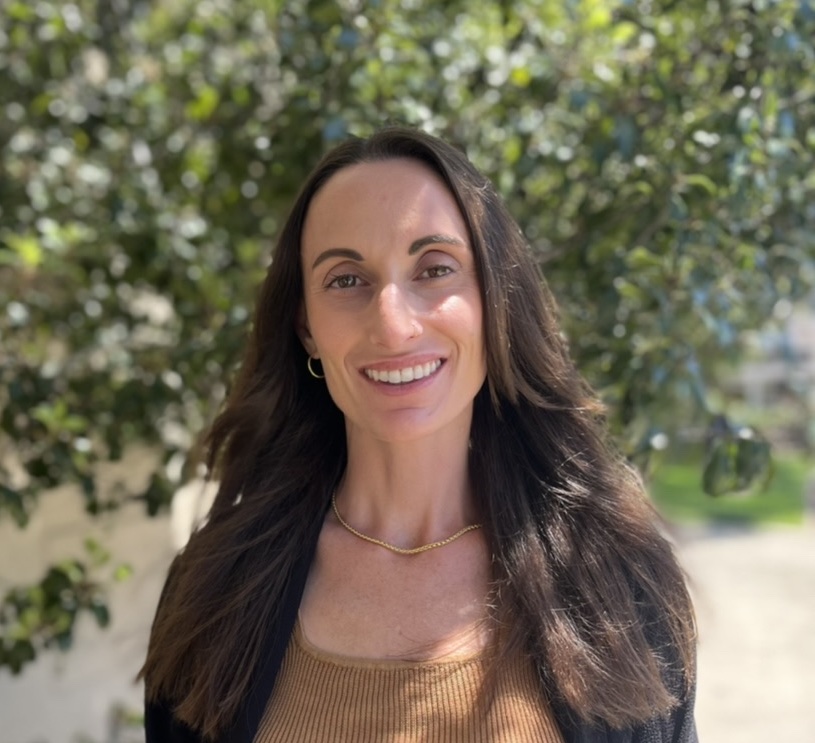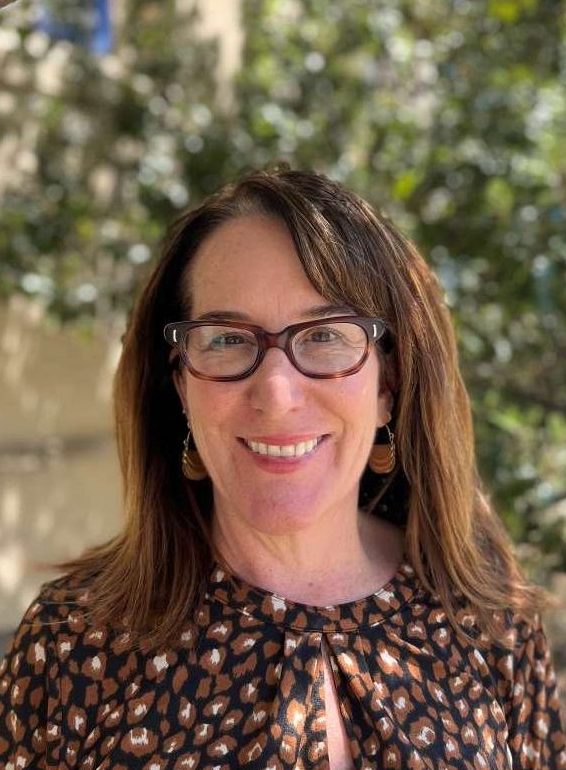It’s common to need help with Family Therapy when communication breaks down and the bonds with people we care about start to strain. We have therapists who help create more emotional safety with your loved ones, while supporting improved communication with less reactivity and more connection and understanding.
Our therapists are trained in a variety of modalities that can be supportive for your situation. We help in ways that are pragmatic, giving you new ways of acting with each other (tools and skills) as well as new ways of being with each other, through insight, interpersonal mindfulness and acceptance practices.
Longer sessions (75 minutes) are often more productive than the 50-minute session that is common with individual therapy. The frequency and length of time for sessions vary by what is needed.
Please visit our fees page for more information about cost, or contact us today to begin family therapy with Oakland DBT and Mindfulness Center.











